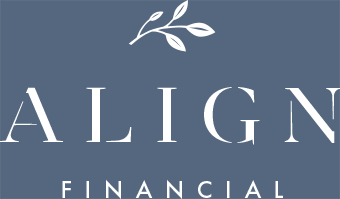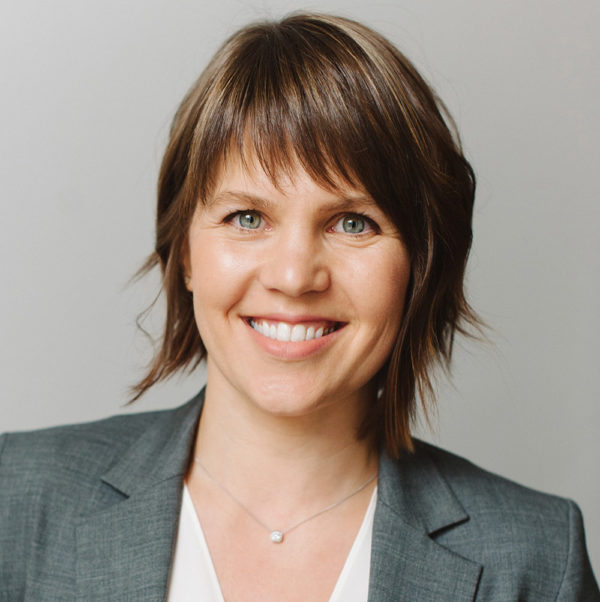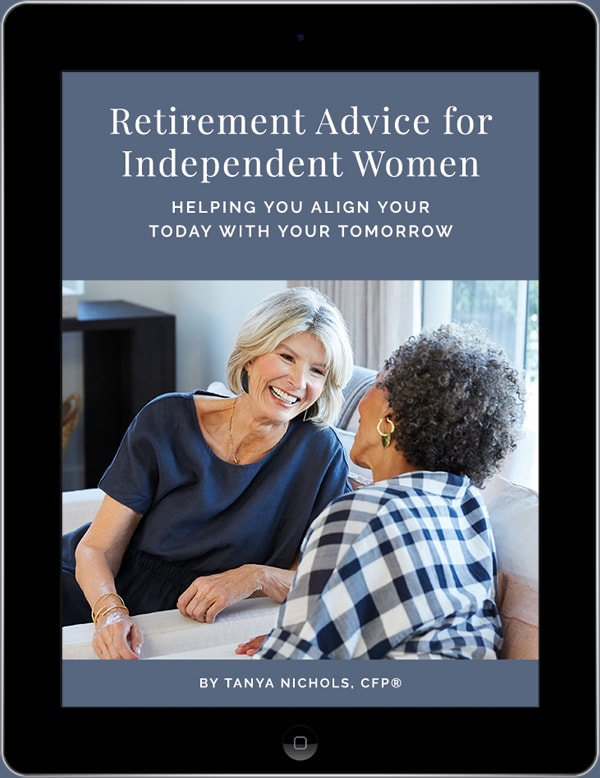Financial independence is an ideal we all strive for. But its meaning is often misconstrued. To be financially independent doesn’t mean being rich enough to do whatever you want. Rather, it’s about building a thorough awareness of your money and your life, and how the two align to support each other in order to create the best possible life for you.
Most of us don’t have a real connection between the things we want to accomplish and what action we need to take financially to create that outcome. We need to stop and think. Slow down and get quiet for a moment. Our decisions today, affect our lives tomorrow. This applies to so much more than money, but today we’ll stick with personal finance.
BUILDING AWARENESS
If you’re a 30-year-old thinking about buying a house, how much house should you buy? If you’re 50 and you haven’t started saving yet – where should you start? As in many cases, there is no one right answer to these types of financial questions.
They really depend on many factors. But as a financial planner, I have countless real life examples of why examining our relationship to money is the most important of these factors, and how it impacts our financial security more than how much money is in our bank account.
There are many households earning over $200k per year who don’t have a savings account. They may save in their retirement account, but is it enough to maintain the lifestyle they are leading and carry that into retirement? For many it’s not.
Having the best investment plan possible won’t change the fact that they are spending beyond their means.
I sometimes see the opposite in middle income families earning $50k-100k a year. We see frugality bordering on punishment, all in an effort to save for a future we may never see. Hoarding cash for a rainy day, yet constantly living below the poverty line in an effort to save.
And what about those who are just starting out; with $150k worth of debt and a career path with a $40-50k earning capacity? For the new college grad, it can be a difficult transition from getting your loans every semester to living paycheck to paycheck. How are they ever going to move to the next socio-economic class when half of their income is going to service the debt accumulated during their formative years?
CHANGE IS SIMPLE, BUT NOT EASY
Building your financial independence and awareness is something anyone can do with just a little bit of time and effort. Here are some ways to increase the likelihood that you will actually accomplish your goals:
Create a Plan for the Future
Be intentional. What do you care about? Where are you going? Why do you want to attend a private school? Why do you want to live in that neighborhood? If you want to retire – ask yourself why? Set aside some time to think about your plans and the possible outcomes. Find a setting that works for you.
Decipher Your Goals
Read some books, take a spa day – maybe just clear the decks and get some mental space. Taking some time each year to think about your goals (financially and otherwise) is rewarding and impactful.
Build a Savings Account
The sense of security people get from having a savings account is so much simpler than the constant struggle of a paycheck to paycheck lifestyle, no matter the number of zeroes on your paycheck.
Fix Your Spending
Without this, nothing else will work. Over the years, I’ve noticed that an awareness of your spending is the key to financial security and confidence. No judgement, just awareness about how you spend your money. Once you’re honest with yourself about where it’s going, ask yourself if you care about those things?
If a latte brings you a lot of joy, or you like to have the latest tools – be honest about that and make room for it in your spending plan. But if buying a house, or retiring is equally important; don’t shortchange that priority for something less important to you out of indifference.
Get Educated
It’s uncommon for us to educate ourselves on finances. Why should we think we know everything we need to know about our checkbook or our retirement account? Treat it like a skill you need to learn for your job. Read a book, take some classes; find a mentor. These skills will not develop by accident. Some useful resources can also be found in our post about things you should have learned in college.
PREPARE FOR TRANSITIONS
Here are some things to think about during different stages of life. And whatever stage of life you’re in; don’t be afraid to ask for help.
Biggest Mistakes at Any Age:
- We spend more than we make
- We have no plan
- We do not have enough information
Goals for Ages 25-35:
- Spend less than you make
- Attend a budgeting class
- Set annual financial goals and track your progress
- Build savings and reduce short term debt (credit cards and car loans)
- Acquire insurance
- Develop systematic investing (think 401k)
Goals for Ages 35-50
- Spend less than you make
- Attend an investing class
- Are you tracking your progress?
- Consider children’s expenses (college? wedding?)
- Identify long term plans
- Maintain Insurance coverage
Goals for Ages 50 +
- Spend less than you make
- attend a retirement class
- interview professional advisors
- Pay down long term debts (mortgages)
- Review your investment portfolios (retirement plan adjustments)
- Review medical coverage, estate plan and long term care issues
- Are you tracking your progress?
RELEASE EMOTIONS
As you consider what stage you’re in today, and start thinking about your plans for the future, let go of any shame or guilt so often attached to where you stand today. It paralyzes us and we stand still.
When people can take a thoughtful and honest appraisal of their current financial situation, they can embrace their ideas about the future, with a sense of freedom and optimism. A healthy relationship with your money is more important than how much money you make.
If you’d like more information on this topic, I welcome your questions. Get in touch and I’ll be happy to help.













